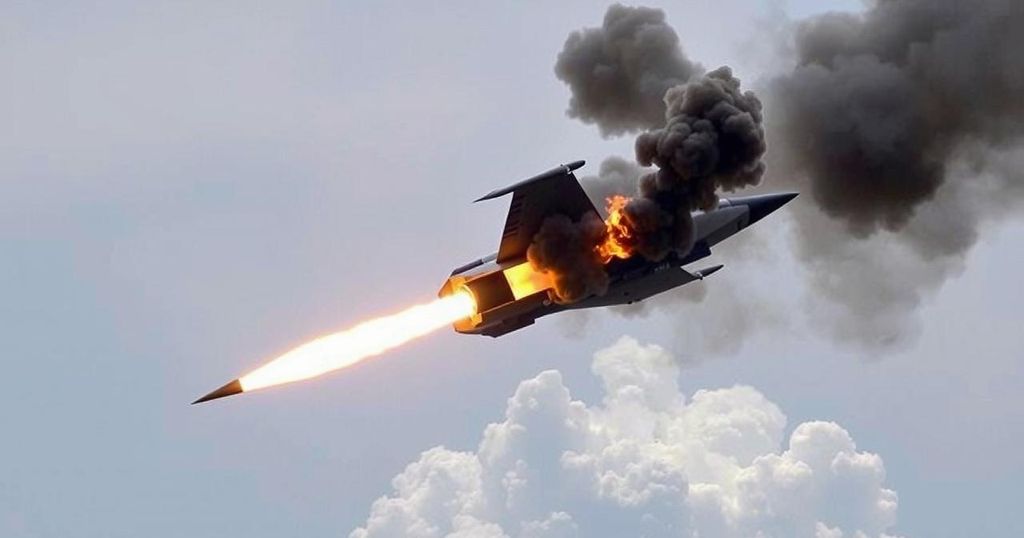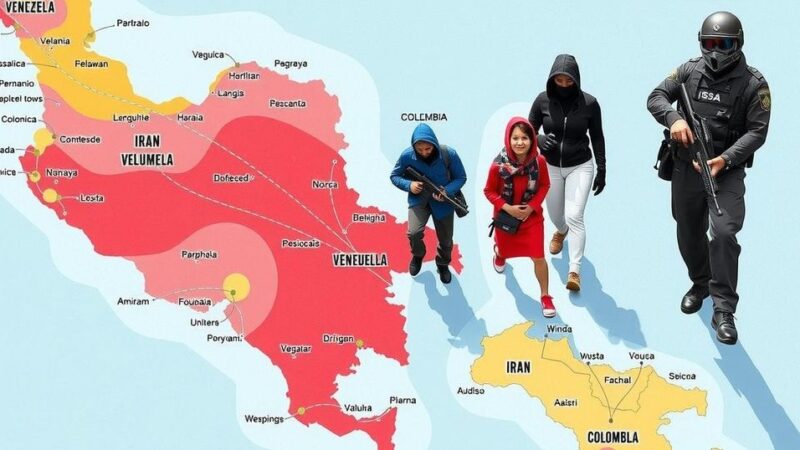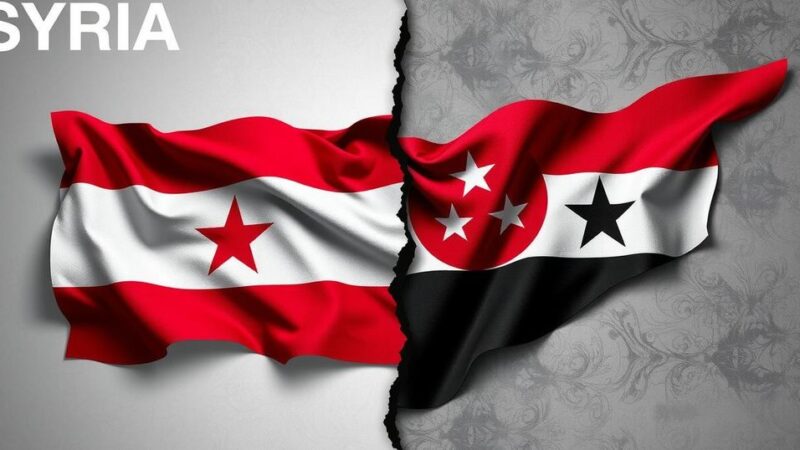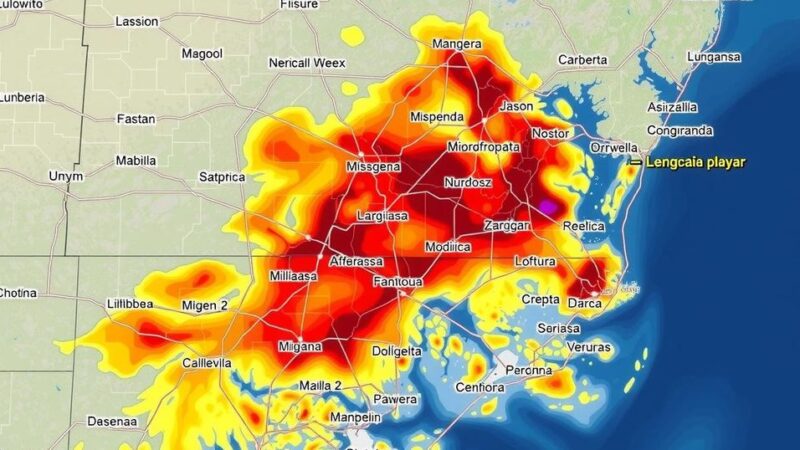Israeli airstrikes in Gaza have killed at least 18 individuals, including women and children, as Hamas reportedly accepts a ceasefire draft amid ongoing negotiations. The strikes have exacerbated the humanitarian crisis in the region, with over 46,000 deaths reported since the conflict escalated in October 2023. Meanwhile, tensions rise as Yemen’s Houthi rebels target central Israel, indicating broader regional implications as peace discussions continue.
In recent developments in Gaza, Israeli airstrikes have resulted in the deaths of at least 18 individuals, including women and children, according to health officials. These strikes occurred amid ongoing negotiations between Hamas and Israel regarding a potential ceasefire agreement. Reports indicate that Hamas has accepted a draft for a ceasefire and the release of hostages, although details are still being finalized. The airstrikes particularly affected displaced communities in central Gaza, underscoring the escalating humanitarian crisis resulting from the prolonged conflict. Furthermore, missile attacks launched by Yemen’s Houthi rebels targeted central Israel, coinciding with the violence in Gaza, heightening tensions in the region as potential peace talks advance.
Health officials noted that two strikes in Deir al-Balah resulted in the deaths of a pregnant woman and her children, ranging between one month to nine years old. Additionally, twelve fatalities occurred in Khan Younis due to other airstrikes. As the conflict, which began on October 7, 2023, continues, Palestinian health authorities report over 46,000 deaths, with a significant proportion of victims being women and children. Amid these developments, Qatar has positioned itself as a mediator in the ceasefire discussions, which have seen progress yet remain fluid in nature.
As international observers await final details, both sides face escalating pressure to reach an accord that can halt hostilities and facilitate the release of hostages. The ongoing violence presents severe implications for the humanitarian situation in Gaza, and the broader geopolitical landscape remains fraught as regional actors like the Houthis engage in hostilities against Israel. The urgency for a ceasefire agreement intensifies as global leaders encourage diplomatic efforts to restore peace in the region.
The ongoing conflict between Israel and Hamas, which escalated significantly on October 7, 2023, has resulted in widespread destruction and a severe humanitarian crisis in Gaza. The conflict began after Hamas launched a coordinated attack on southern Israel, leading to significant casualties on both sides. This escalation has led to repeated Israeli retaliatory airstrikes targeting Hamas positions in Gaza, which, according to health authorities, have resulted in thousands of Palestinian casualties. Amid continuous violence, diplomatic channels have been engaged to broker a ceasefire and release hostages, with Qatar acting as a mediator in the negotiations. The involvement of regional actors, including Yemen’s Houthi rebels, adds complexity to the geopolitical dynamics of the situation.
In summary, the latest airstrikes in Gaza have claimed the lives of numerous innocents, including women and children, amidst ongoing efforts to reach a ceasefire agreement between Hamas and Israel. As humanitarian conditions worsen with over 46,000 reported deaths, both parties are pressured to conclude negotiations swiftly. Qatar’s role as a mediator highlights the international community’s interest in resolving the conflict, while the larger regional tensions, including missile strikes from Yemen, further complicate the situation and amplify the urgency for diplomatic resolution.
Original Source: apnews.com







